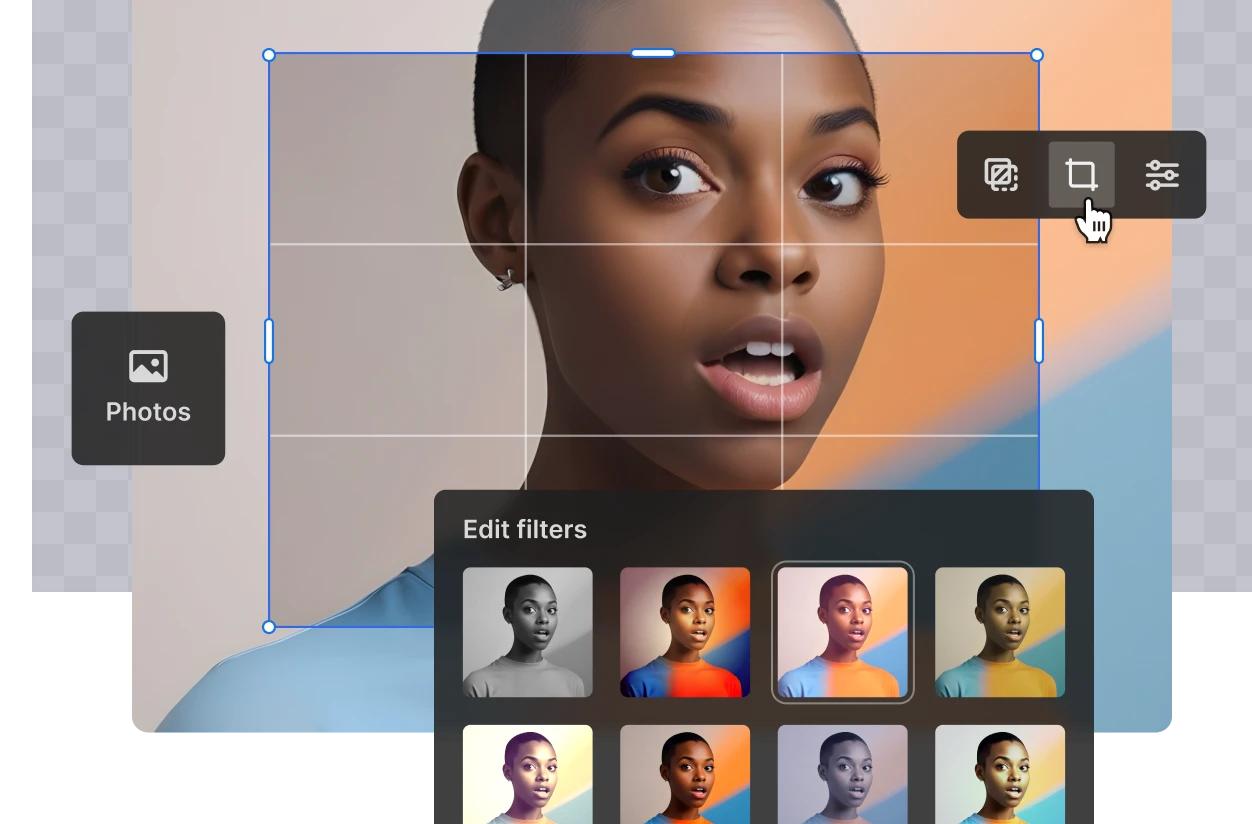Discover our variety of human emotions photos
The human face is a magnificent biological masterpiece. It's so powerful that we sometimes see faces in everyday objects, a scientific phenomenon called pareidolia. Our emotions are often so strong that words become unnecessary to express them. For moments when words just won’t do, perhaps photos of human emotion will hit the spot.
Feel the powerful emotions that these photographs represent & enrich your designs with them
Social Issues
Love and Family
Family photos
Happy family photos
Indian family photos
New Year's Eve photos
Love photos
Couple photos
Lovers photos
Wedding photos
Mother and daughter photos
Son and father photos
Hug photos
Brother and sister photos
Fall family photos
Older man photos
Old woman photos
Woman photos
Birthday photos
Asian family
Father's Day
Thanksgiving family
Emotions
Lady smiling photos
Unhappy man photos
Sad woman photos
Happy girl photos
Happy guy photos
Jumping for joy photos
Sad man photos
Sad person photos
Happy person photos
Positive attitude photos
Positive thinking photos
Furious photos
Anger photos
Disgusting photos
Joy photos
Happy family photos
Sad photos
Scary photos
Angry man
Angry face

Edit your photos easily online
Crop, adjust, add filters, and make your photos look their best with our intuitive Photo Editor.
Go to Photo EditorSupport your campaigns on social issues
It may be that you want to communicate to your audience on a personal level when addressing social issues. These subjects can evoke strong emotions, so tapping into basic human emotions can provide reassurance to those we communicate with. Charity campaigns often rely on similar methods, reaching out to those who feel impacted by the subject matter. Let's work together to make a positive impact!
Express emotions in your creations
It is a privilege to have such a range of emotions and to express all of them through art and language, something unique to humans. For generations, humans have expressed emotions through music, art, and poetry. Emotion is something we celebrate every day, and you should incorporate it into your creative projects at every opportunity.

Show mothers and fathers, brothers and sisters, children and grandparents, and a diverse mix in-between
As a designer, it is your responsibility to take into account a balanced approach to your creative work. This is further emphasized in social campaigns, as we are talking to the wider community, providing everyone with a voice. It is also relevant to keep up with social trends and today’s political climate, fully supporting equality and putting an end to racism.
FAQ
Emotions influence creativity on every level. Even a lack of motivation will affect what you produce, as creativity is fuelled by emotion. If you take a look at renowned artists across centuries, their work is praised on how much emotion has gone into it. Pretty much everything we create is based on and needs an emotional response. Creativity is a celebration of our inner emotions, and we should respect that in every way we can.
The short answer is every emotion has an association with color. Just as colors blend across the color spectrum, our emotions follow a very similar gradient. From happy to sad, from white to black. We grow up learning this, and it becomes very much part of our subconscious. We all know that red is a warning of danger or to put on the brakes. On the contrary, blue is a color of security and provides a sense of calm in our lives. Color psychology has always played an important role in our lives.
Photos play a very important role in reflecting our common reality, often provoking an emotional response. As humans, we react to the world around us. It’s possibly the reason why we wandered out of Africa millions of years ago. Photography provides us a window into a moment frozen in time, prompting us to question, dream, or even feel upset in response. A good exercise for practicing this form of communication is reading pictures in a newspaper.
With so much detail in photographs, there is a lot at play that can send our emotions in one direction or the other. Factors such as color, as previously mentioned, will affect our moods. Black and white photography somewhat tones down the power of color, drawing our focus to the subject of the photograph. With fellow humans being the most popular subject in photography, a lot of the language seen is the use of body language, facial expressions, and how they are situated in the frame.
Things you can take control of, such as lighting, space, and texture, are all things to consider when trying to evoke a certain feeling. The more control you have, the better, so purchasing a set of studio lights is a good starting point. If you are a portrait photographer, having a selection of backgrounds can certainly help match the atmosphere with your subjects. Even more technical methods, like changing ISO settings can add grain to the image, giving you the results you are after.
Related articles

Balance in art: Definition, types, and why it matters
Discover balance in art, examples and how to use them in your design projects.

50 Creative text prompts for AI images
Discover the best 50 creative writing prompts for AI images. Ideas to create pictures, illustrations with artificial intelligence.

Natural light: How to use it to create better photos
Discover how to use natural light to create better photographs. Types of natural light, characteristics and tips to create the best photos.










